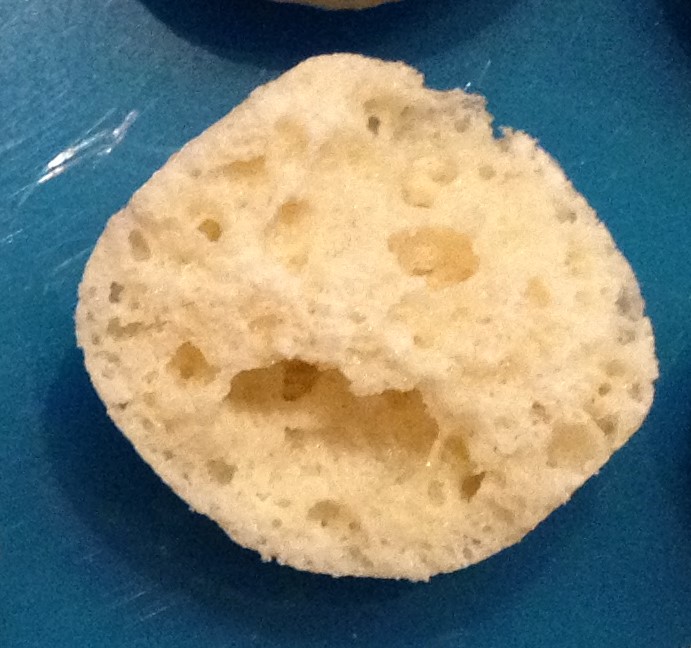Whilst the Covid pandemic is not yet a mere memory, the frightening reality of current global events and their significant propagating and synergistic impacts are now starting to be understood, so this could be the right time to consider renewed NPD priorities.
Notwithstanding the very real horrors afflicting specific populations, such as those directly affected by the Ukraine conflict, the ripples of this situation are spreading widely, to touch many lives in a variety of ways in our super-connected world.
Such a reality will feed the collective Consumer Anxiety, meaning that many of the previous trends will no longer be valid. For the consumer, focus and concern over record-high energy prices is likely to drive purchasing decisions for months to come, resulting in a switch away from aspirational buying habits; novel and premium products are likely to take a hit.
With Covid waves continuing to lap on every shore, consumers will continue to choose health and wellbeing, looking for foods that nourish, comfort and calm, focussing on the inside over the cosmetic.
For the food manufacturer, and particularly the new product developer, the global challenges of rising energy prices is having the double stranglehold of increasing raw material costs, processing costs and delivery of finished products, thus driving up the cost to the consumer. Additionally, supply chain shortages, for example, sunflower oil that is a significant food export of Ukraine, are resulting in manufacturing issues for those products that rely on them. These are compounding, on the back of an already difficult ‘2020’s’ and underlining the need to have renewed NPD priorities so that the needs of the consumer are being met.
Every food manufacturer should be asking themselves these three questions:
- And what does this mean for NPD?
- Are we adhering to the right trends?
- Price-sensitivity will be a mainstay for some time, as consumers, disadvantaged by the pandemic, look to maintain their health and wellbeing on lower budgets.
- Product re-engineering, with a proper focus on upcycled ingredients, to enhance health and functionality through identification of alternative ingredients with supporting health claims.
- Are we managing risks in terms of identifying cost-effective alternative ingredients?
- Supply chain security uncertainties and disruptions will continue to prevail. Russia and Belarus have provided c40% of the world’s potash, meaning that fertilizers will be in short supply, impacting global crop yields (1).
- Value-engineering becomes the ‘way we do business’ every couple of decades, and its time has come again, strengthened by the more recent push-back against food and resource waste. Identifying scarce or expensive ingredients, or carrying out process and manufacturing analysis to improve efficiency and reduce costs, are priorities once more.
- Are we certain of the provenance of these alternative ingredients?
- Provenance of ingredients and clean labels are key demands for European consumers. Trust in these labels must not be undermined by short-supply ingredients being partially replaced by undeclared substitutes, particularly substitutes that could present an allergen risk.
- Food safety, relating to fears over Covid outbreaks at farms and in factories, has seen an increase in transparency over provenance of ingredients, and manufacturing methods. This requirement is likely to gain more prominence, particularly in the face of potential food fraud.
Concerns over the environment and sustainability have not, and will not, go away. The Covid-prism temporarily altered the importance that consumers and manufacturers gave to certain environmental decisions; a prioritisation of cleanliness over a desire to reduce excess packaging. This trend is likely to continue as consumers and manufacturers seek all and any, cost-effective method to achieve longer shelf-life and less food waste.
These challenges are not new, but there is a renewed focus on them, and a renewed sense of urgency. There is a clarity over our collective top-level priorities that we have not seen for some time.
Refs:




